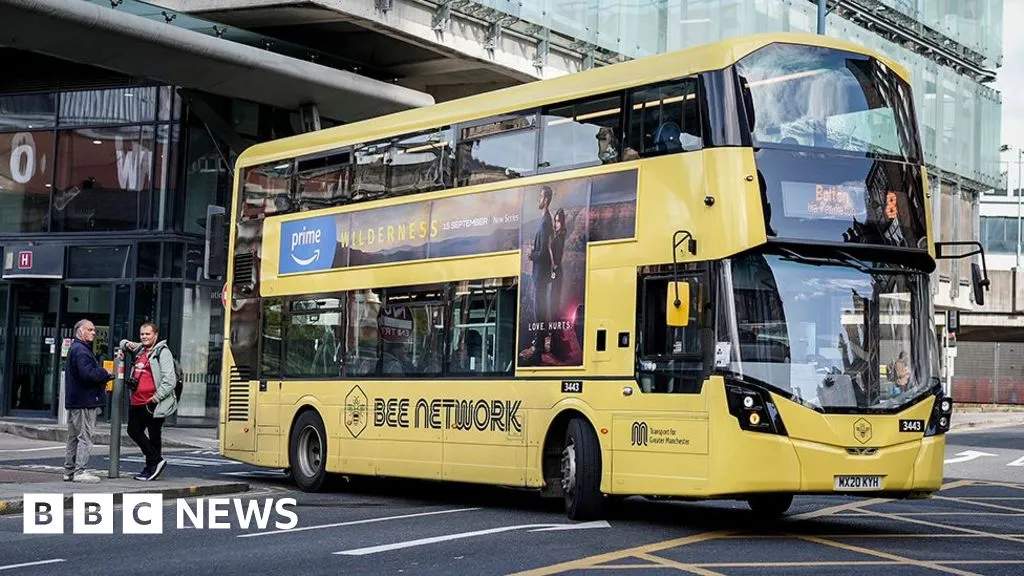Yeah this is absolutely needed… I grew up in Devon and remember when the bus services were privatised and taken away from the council… For about six months the prices dropped as two different companies competed, then one company won the other company folded and suddenly it was a monopoly… Prices tripled overnight and then over the next few years the number of services declined to the point where it was impossible to live in the village that I did and commute to work by bus
Yeah the change of law is a start.
But the councils will need money to invest in replacibg lost services.
Currently the political clkmate limits that.
IE the gov dose t have the courage to force the inveatment.
This would be great news. Imho, council run buses are a great public good.
When you have a large town/city, it’s really important to have a way to get around that’s not expensive.
You only have to visit somewhere with a properly run network to see the difference.As a municipally owned bus service, the council says Reading Buses can invest an additional £3m a year in the bus network, around 12-15% of its annual turnover, because it does not pay out dividends to private shareholders.
Money from commuter services also subsidises smaller less well-used routes.
Edit: Another place it helps councils: Old people bus passes.
In June 2023 the LGA said there was a £452 million gap in the funding councils receive from government compared to the actual number of ENCTS journeys made in 2022. This meant that councils were having to plug the financial gap from their “own stretched budgets”, which was “completely unsustainable
So a LA owned bus company with lower fares means the council doesn’t end up making up the shortfall between what the government pays for free journeys and what the bus company decides to charge.




